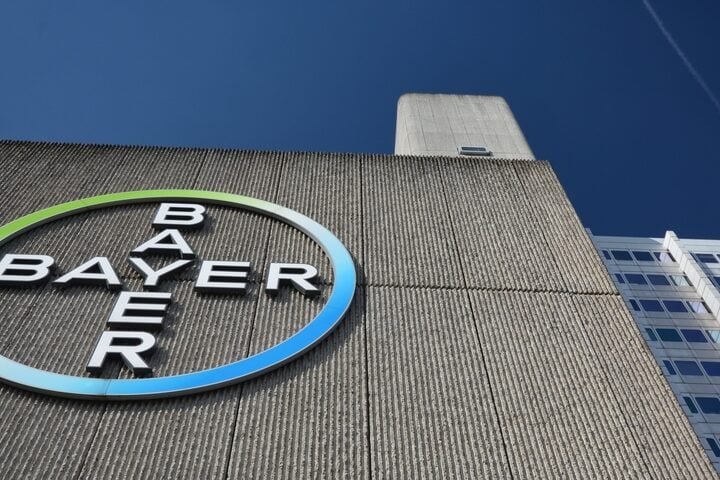UBS Seeks Compromise on Regulation
Two years after acquiring Credit Suisse, UBS is trying to preempt stricter regulatory measures by offering to limit its investment banking division and increase capital holdings, according to sources familiar with ongoing discussions.
The 2023 Credit Suisse collapse left Switzerland with a single global lender, prompting the Swiss financial regulator FINMA to push for greater capital reserves to safeguard the sector. UBS argues that such demands would undermine Swiss competitiveness. CEO Sergio Ermotti expressed frustration over the regulatory pressure, stating in a March 19 staff memo that the biggest obstacle to a successful outcome had become the same authorities that had encouraged the takeover.
UBS shares rose 1% on Wednesday morning, outperforming the European banking index. While UBS earns most of its profits from managing wealth, the bank fears excessive capital burdens could depress its stock and attract takeover bids from rivals like Morgan Stanley, JPMorgan, Goldman Sachs, or HSBC.
Proposed Limits and Capital Commitments
UBS is privately offering concessions to avoid paying over $40 billion in extra capital—an amount FINMA wants to enforce by increasing equity requirements for foreign subsidiaries from 60% to 100%, according to internal presentations seen by Reuters.
One such concession includes capping the investment bank at 30% of the group’s business. At the end of 2024, the division accounted for around 21% of risk-weighted assets, down from nearly two-thirds in 2008 when UBS needed a government bailout. A cap in the 25%-30% range may be acceptable to both regulators and UBS, according to banking analyst Daniel Bosshard, though uncertainty is expected to persist.
Additionally, UBS is willing to increase capital reserves by $5 billion on top of the $19 billion already estimated due to the Credit Suisse acquisition and evolving international rules. While this falls short of FINMA’s expectations, UBS maintains it is among the most well-capitalized banks globally.
Political Negotiations and Future Outlook
The Swiss government is expected to present new capital estimates in May, but final rule approval could stretch into 2028. Meanwhile, UBS is evaluating all scenarios—including the possibility of relocating its headquarters—though sources say the bank has no real intent to leave Switzerland.
Recent shifts have transferred regulatory rule-making to the Swiss parliament, enabling UBS to lobby lawmakers. Franziska Ryser, a Green Party lawmaker overseeing banking regulation, dismissed fears of regulatory extremism. “There won’t be demands made leading to these consequences… A suitable solution will be found,” she told Reuters.







